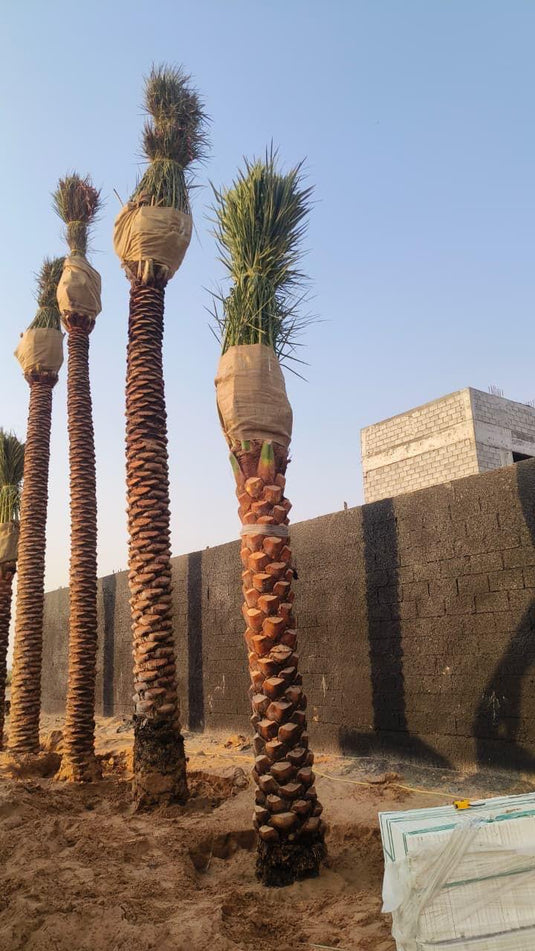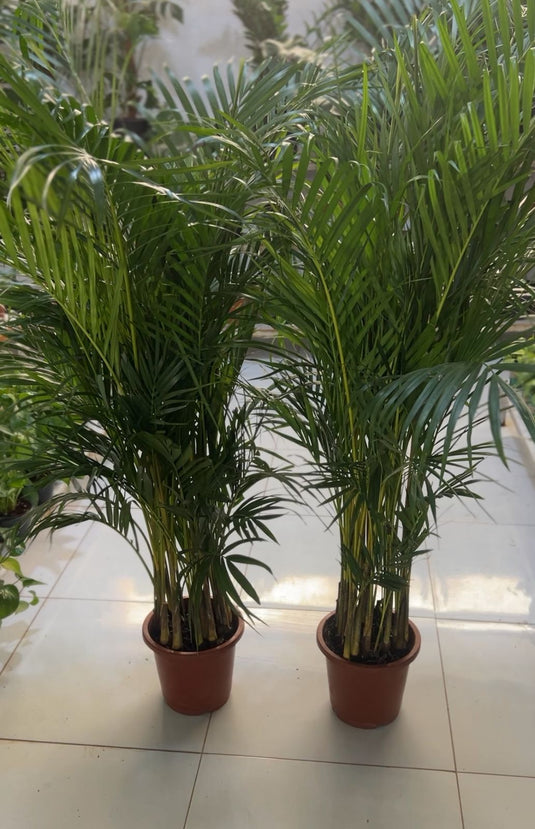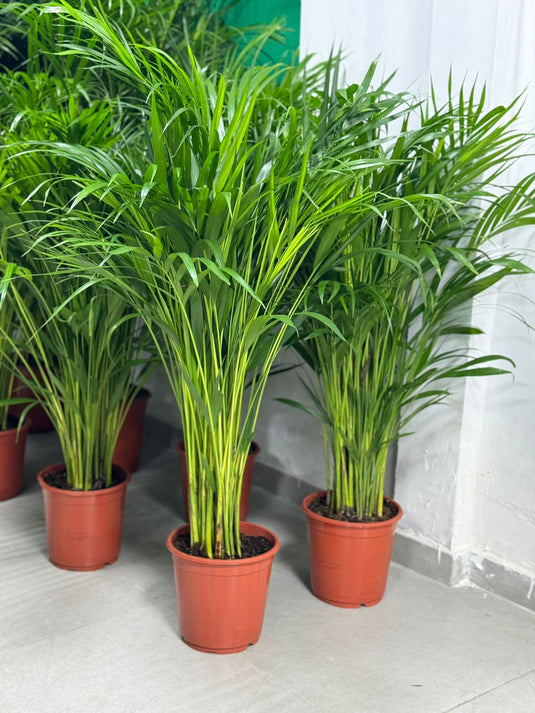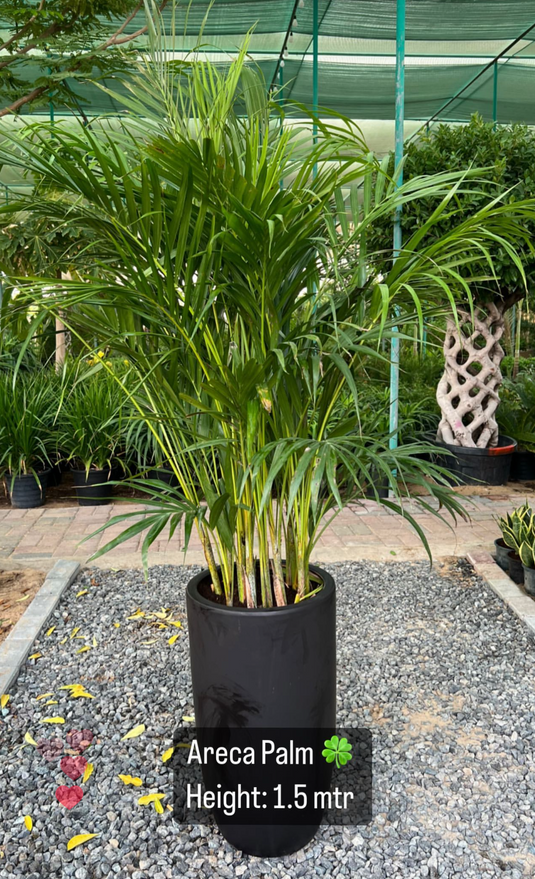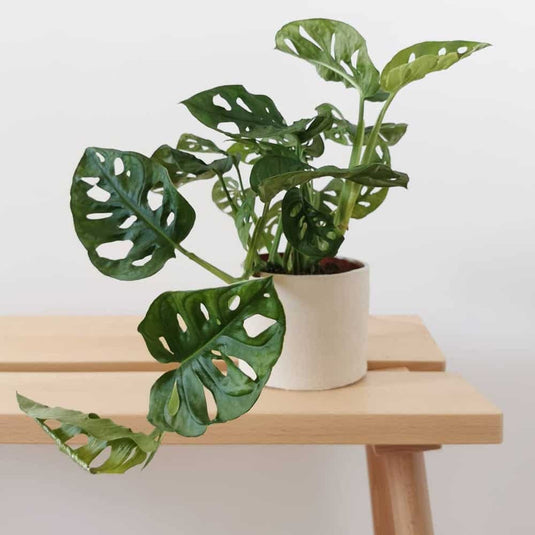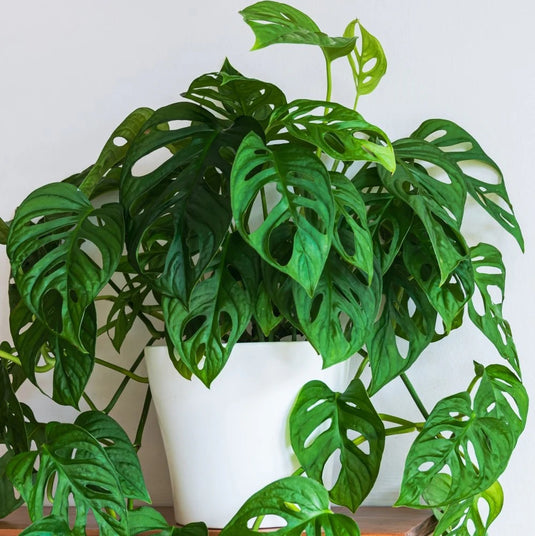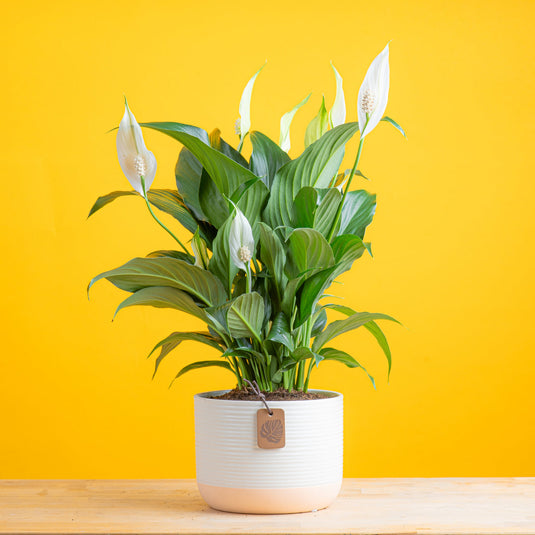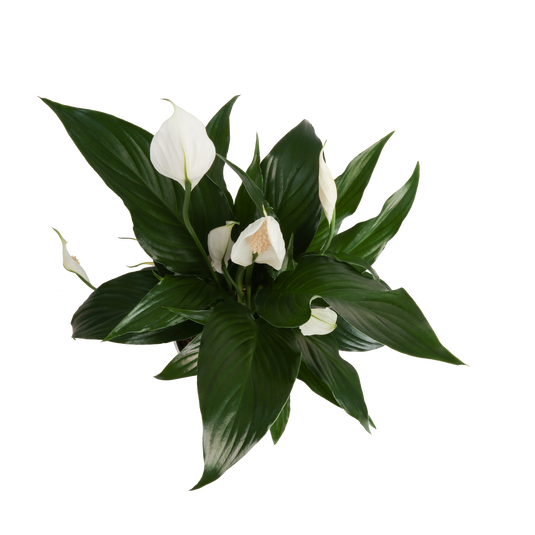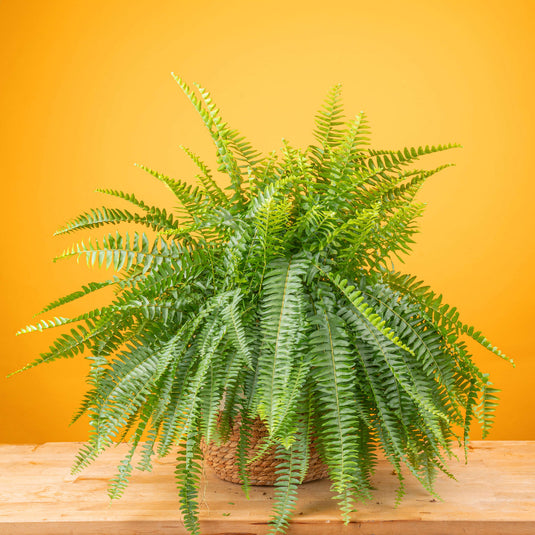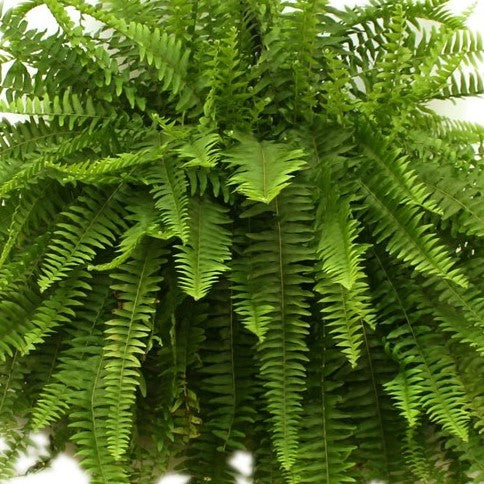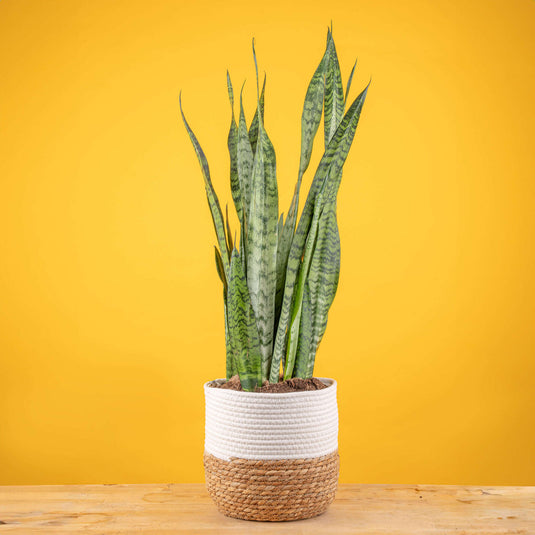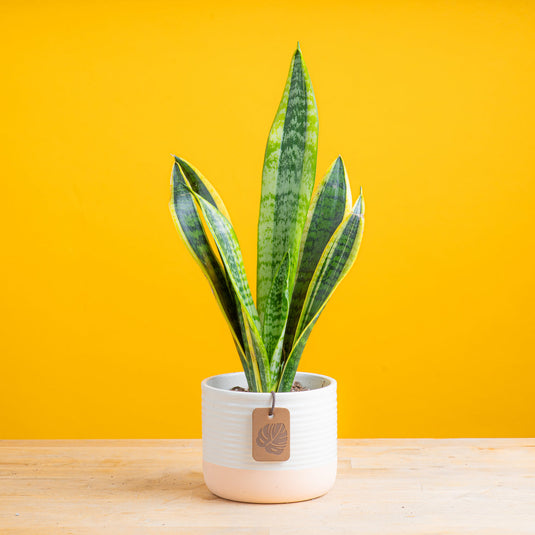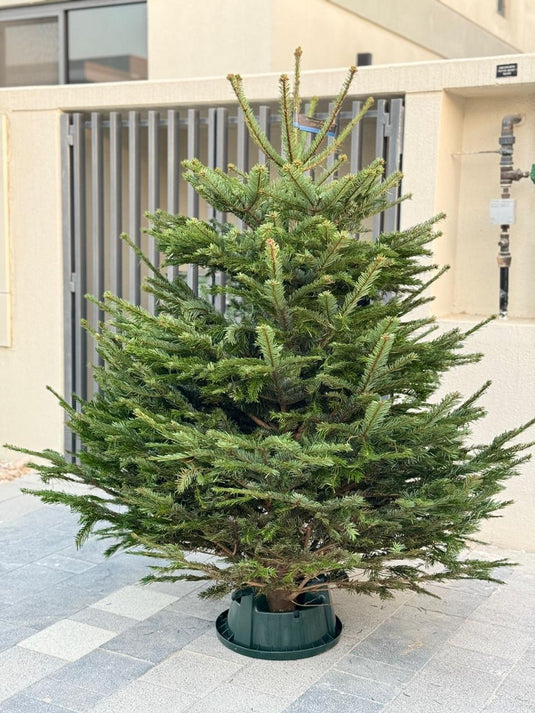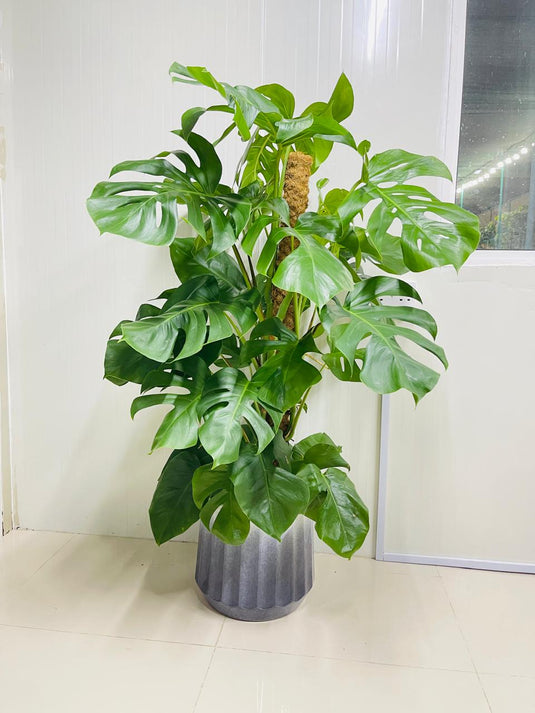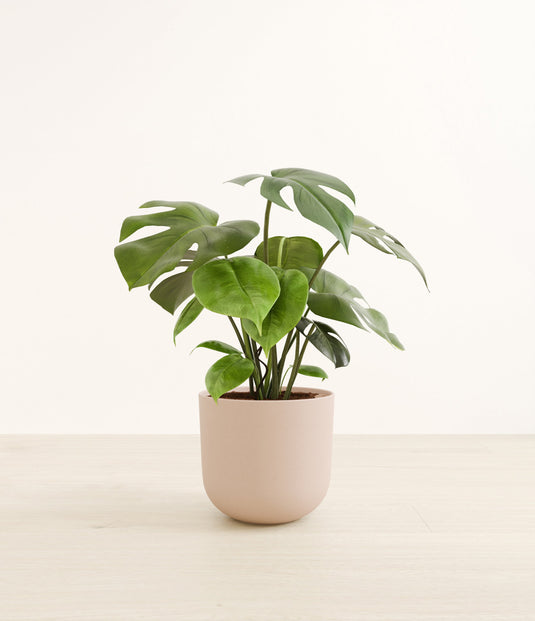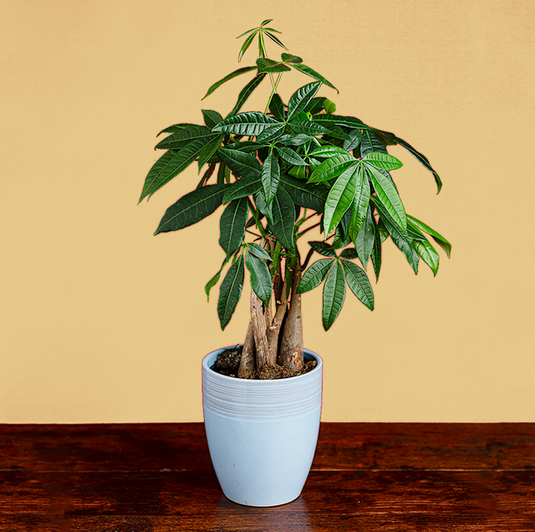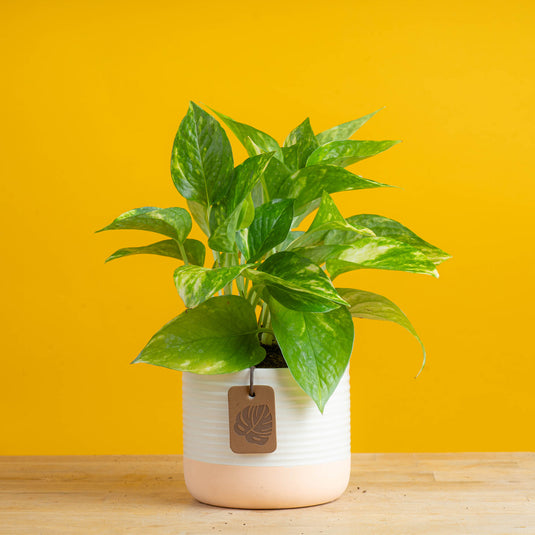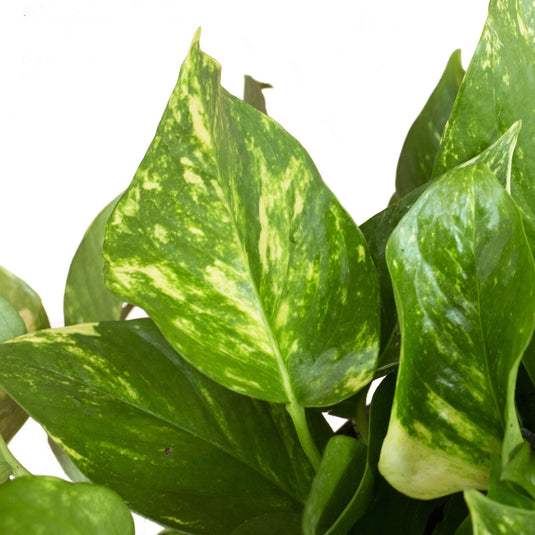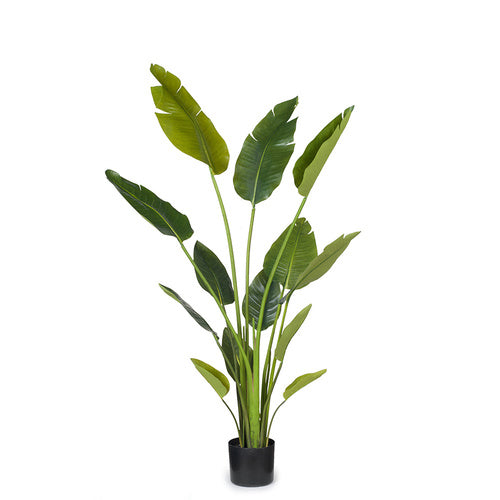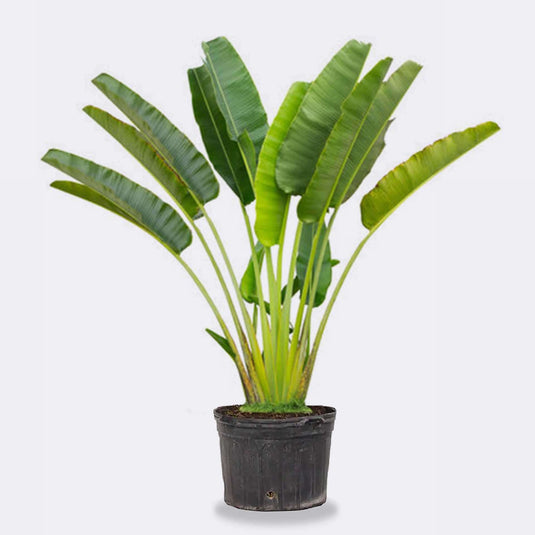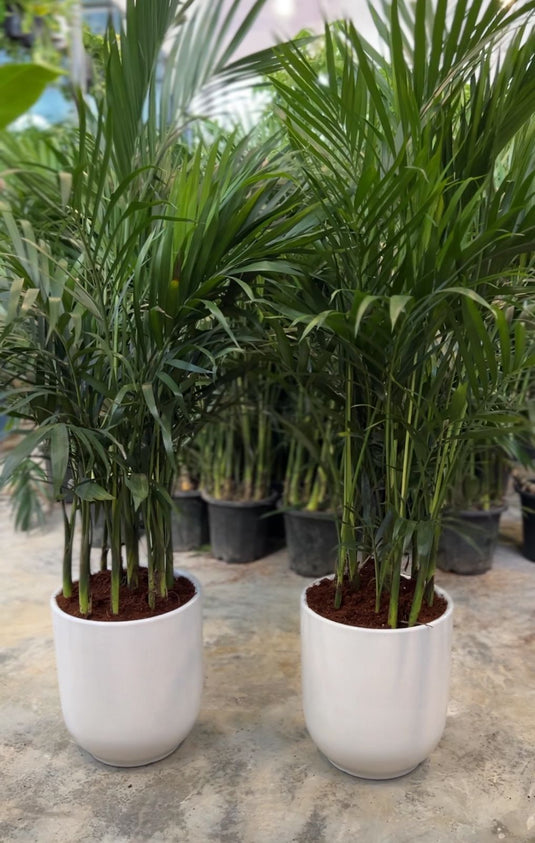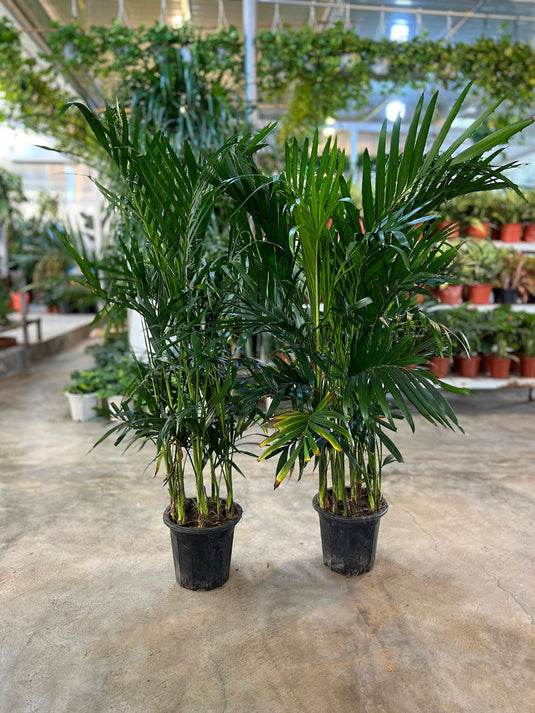Date Palm
- Healthy Arrival Guarantee
- Free Plant Care Consultation
- Safe & Secure Payment
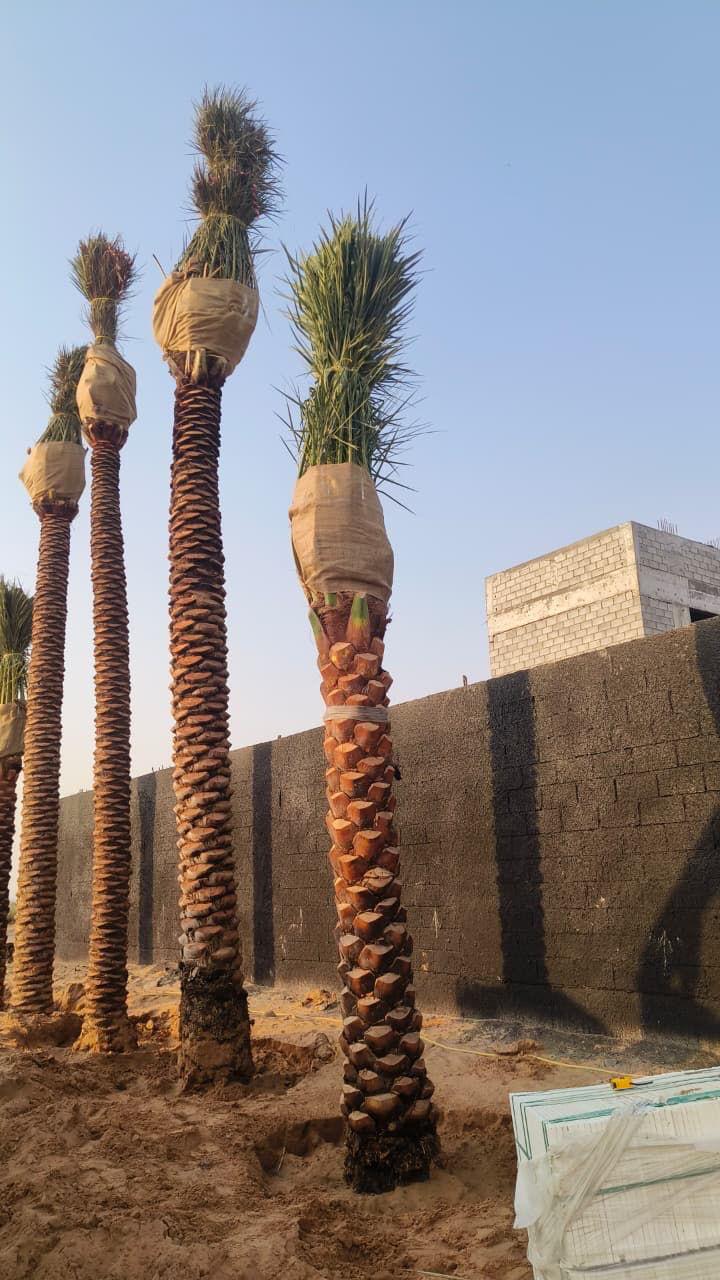
We will send you a notification as soon as this product is available again.
-
Estimated delivery: Dec 07 - Dec 11
-
Free return within 7 days of purchase.
Plant Description
Date Palm: The Icon of Middle Eastern Landscapes
The Date Palm (Phoenix dactylifera) is one of the world’s oldest cultivated trees, deeply rooted in Middle Eastern culture and widely admired for its beauty, shade, and fruit. Often seen lining boulevards, gardens, and resorts, it is not just a tree but a symbol of prosperity and hospitality.
5 Benefits of Date Palms in Outdoor Spaces
1. Shade & Cooling Effect
With their tall trunks and wide fronds, Date Palms provide much-needed shade, reducing ground temperatures and creating cooler microclimates.
2. Ornamental Value
The majestic look of Date Palms makes them a centerpiece in luxury villas, commercial landscapes, and public spaces. They add a tropical, high-end aesthetic.
3. Economic Importance
Apart from landscaping, fruit-bearing Date Palms have been cultivated for thousands of years. Dates are a staple food in the Middle East and are in high demand globally.
4. Low Maintenance Once Established
When planted in the right soil and climate, Date Palms adapt well and require minimal care compared to many ornamental trees.
5. Cultural & Symbolic Significance
Regarded as a tree of life in Arab culture, the Date Palm represents resilience, generosity, and abundance.
Disadvantages
-
Space Requirement: Needs large open ground; not suitable for indoors or small gardens.
-
Water Demand During Establishment: Requires consistent watering until roots are strong.
-
Pests & Diseases: Susceptible to red palm weevil and fungal infections, requiring monitoring.
-
Slow Growth: Takes years to reach full size and decades to produce substantial fruit.
-
Climate Limitation: Best suited for hot, arid, and sunny regions—struggles in cold climates.
Frequently Asked Questions
1. Can Date Palms be grown indoors?
No — they need full sun and ample space, making them suitable only for outdoor use.
2. How tall do Date Palms grow?
They can reach 20–30 meters when fully mature.
3. How long before they bear fruit?
Typically 5–8 years before fruiting begins, depending on conditions and care.
4. Are Date Palms high-maintenance?
They need care during early years (watering, fertilizing, pest checks), but once mature, they are relatively low-maintenance.
5. Are Date Palms suitable for small villas?
Only if there is sufficient outdoor space; dwarf ornamental palms are better for smaller gardens.
Final Verdict: Should I Plant Date Palms?
Yes. If you have sufficient outdoor space in a hot, sunny climate, Date Palms are an excellent choice for landscaping. They provide shade, enhance aesthetics, and carry immense cultural and economic value.
Plant Care
Watering
Water your plant once a week or when the soil starts to feel slightly dry on the surface. Keep the soil consistently moist, but be careful not to overwater, as this can cause brown spots and leaf drop. If the leaves become curly or dry, it's a sign that the plant needs water. It's best to water your plant in the early morning or late evening when the temperatures are cooler. Always check the soil before watering.
Light
Provide bright indoor light or indirect sunlight for about 6 to 8 hours a day.
Temperature
Maintain temperatures between 18°C and 24°C. Avoid exposing the plant to drafts, as these can cause undesirable temperature fluctuations. Mist the plant occasionally, about twice a week, to help maintain optimal humidity levels.
Fertilizer
Apply liquid fertiliser every 15 days when the plant is actively growing. For best results, use Folikraft ready-to-use Indoor Plant Food.

